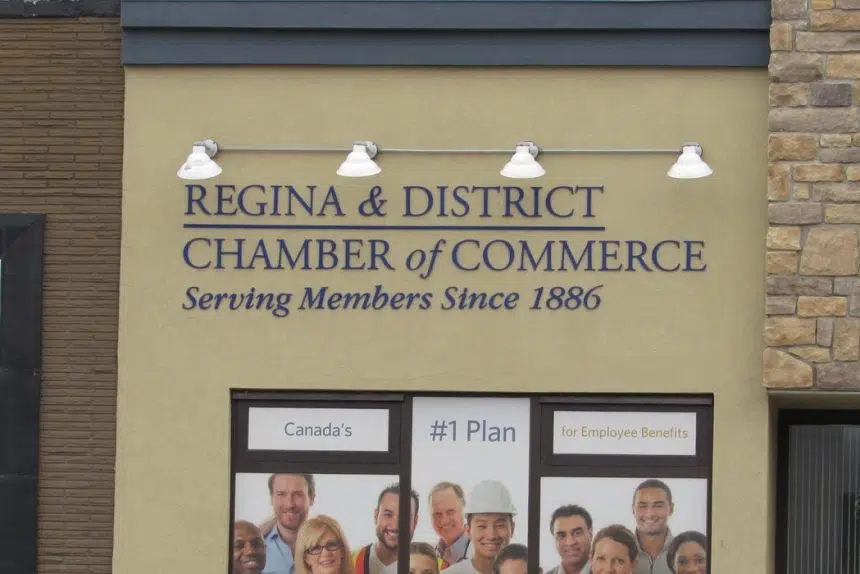Happy that wage and rent subsidy programs will continue, unhappy that some businesses won’t be able to take advantage of those programs.
That’s what Greater Saskatoon Chamber of Commerce CEO Jason Aebig thinks of the federal budget.
“Unfortunately, those businesses that are two years of age or under did not see any extension of those programs directed at them. That is unfortunate because these micro-firms, these small start-ups that literally just started before the start of the pandemic, will continue to see absolutely no support,” he said Monday.
Federal Finance Minister Chrystia Freeland delivered the first budget in more than two years, with an emphasis on child care and businesses to help them through the pandemic.
Aebig says it was “very good” to see a major hiring incentive — the Canada Recovery Hiring Program — which will help all small businesses rehire employees and hire new people.
“From the point of view of restarting the economy and creating jobs right out of the gate, this will be a vital program for businesses across Saskatoon,” Aebig said.
He added that the $59.2 million for VIDO-InterVac will have a positive impact across the city.
“It just offers enormous opportunities for spinoffs and very good-paying jobs in Saskatoon. It’s also a solid boost for the university and the innovation sector generally,” Aebig said.
One area Aebig was hoping would see some federal dollars was medium-sized airports. He said airports in Regina and Saskatoon have been struggling, and it would have been great to see some direct relief for them.
“COVID restrictions have severely curtailed their operations and revenues for airports like ours,” Aebig said. “And those airports provide a vital link for small and medium-sized businesses to get their people and their products to market outside of our city and province and country.”
He says his organization will continue to advocate for help. He says the sooner airports can bounce back, the better off both cities will be.
Meanwhile, Regina and District Chamber of Commerce CEO John Hopkins saw a lot of good and one major problem with the federal government’s new budget.
He thinks it’s set to spend on many areas that need it most.
“The biggest issue facing business today from coast to coast to coast and, in fact, globally is COVID,” Hopkins said. “I think that that has been addressed. I think that the importance of investing in infrastructure given the changes (from) COVID, that’s in the budget … There are a lot of things that are a part of the budget.”
He’s also very optimistic about the plan to drive down daycare costs with $30 billion of investment over the next five years.
“I know this is a big, big issue for many, many families from coast to coast to coast. I think this is something we knew was coming, something that’s laudable, and hopefully it’s something that will pay large dividends for the Canadian economy in the future,” he continued.
Programs like the wage and rent subsidies have been extended, which Hopkins believes is a necessary step to deal with the economic struggles of the pandemic.
However, he thinks a plan of how to eliminate the federal deficit at some time in the future is an important aspect that was not addressed in the budget.
“The only thing that’s really missing is ‘When are we going to pay for this and how?’ ” he said.
— With files from 980 CJME’s Dominick Lucyk







